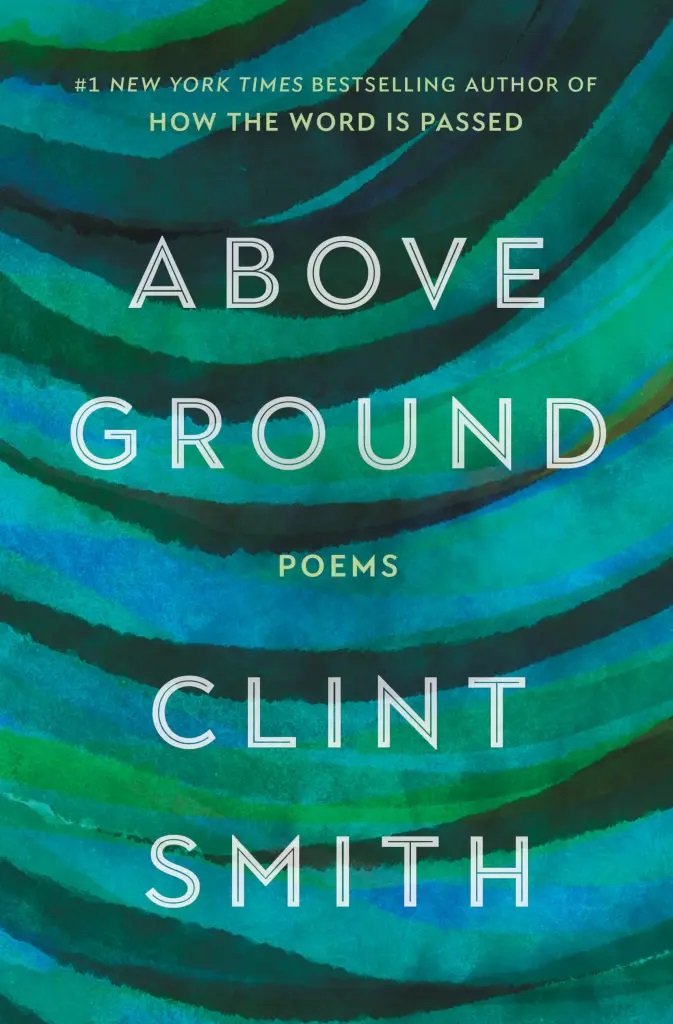What I love about this poem by James Tate is that I have been inside of it myself, many times. Some of my clearest, most crystal memories are of stillness in the night. Of walking home from somewhere where I’d been drinking and finding myself alone. I can tell you some of these: North 9th Street and University Avenue. It was snowing thick, soft flakes that glowed yellow in the streetlights (back when we still had the halogens) and I was with someone, but who doesn’t matter, because I was alone. My 18th birthday walking downtown alongside the giant body of a moving freight train. We were headed to the porn store because it was my 18th birthday, my friends and I, alone. Profoundly alone, even when I am physically not – that is, in the company of friends or a lover, near a vehicle, watching vehicles – I am alone. The world is empty. A car is merely moving. The person beside me a memory, something stored on the other side of my mind. Light is a wave I can see. Nothing exists outside of me or this moment.
I feel this particular aloneness often lately, as so many of us are trying more and more to stay inside, to in earnest build solitude in order to stay safe. It feels lonely to be anywhere – the grocery, the park, online, at home. There are people, but they are not your people, and they cannot be a part of you. Interaction is a danger. Space to hold yourself inside of, alone, so precious. You find more often now than ever that you are alone.
In my experience, these moments are impenetrable. I’ve never been alone together. What I love about this poem by James Tate is that it asks: what if someone could find a way into your aloneness? What if that profound and quiet space could be shared, briefly, by a perfect stranger? What if they could reach inside of it and say something like your name?
Read the poem here and read more about James Tate here.







